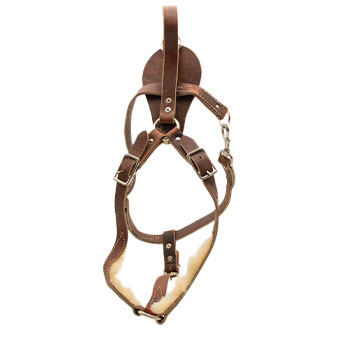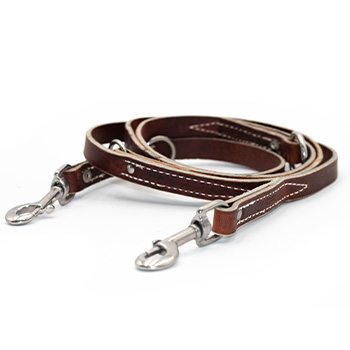May 19, 2011
My patrol dog urinates a lot on the track. He has done this when he is very close to a suspect and in my opinion he knows they are there. What can I do to stop this?
Full Question:
I know that you are a busy man so I will keep this short.I am a canine handler for the Lexington Kentucky Police Department. I have been a handler for about five years and have handled the same dog for four and a half years. My Canine "Wilchek" has far exceeded my expectations in many ways. I know that all animals, people included, develop undesirable traits. This particular trait may one day get me injured or killed if not addressed.
He will stop to urinate on tracks frequently. This would not normally concern me, but he has done this at the end of a track twenty feet from the quarry with the wind blowing directly into our faces. Initially I attempted to verbally correct him, but to no avail. I used physical correction, which only seemed to anger me and turn down his drive. I also attempted to ignore it until it began to happen at tactically poor situations. This canine has great ability and it is very frustrating not knowing quite what to do. I would appreciate any advice that you might have on this problem.
I really appreciate your dedication to canines and those who work with them. I have read many of your articles and have had the opportunity to view many of your videos. I respect your work and your opinion.
Thanks,
John

 Ed's Answer:
Ed's Answer:
John,
I hate to say this but what you are describing is avoidance. This is not a situation where the dog just needs to relieve himself; it's a situation where the dog is showing avoidance by relieving himself in the odor of the suspect. There is nothing that training is going to do to correct this; it's a genetic problem.
I would recommend additional testing done on the dog to confirm my thoughts, but more than likely you need a different dog.
I hate to say this but what you are describing is avoidance. This is not a situation where the dog just needs to relieve himself; it's a situation where the dog is showing avoidance by relieving himself in the odor of the suspect. There is nothing that training is going to do to correct this; it's a genetic problem.
I would recommend additional testing done on the dog to confirm my thoughts, but more than likely you need a different dog.
100% (2 out of 2)
respondents found this answer helpful


Can't find what you're looking for?




